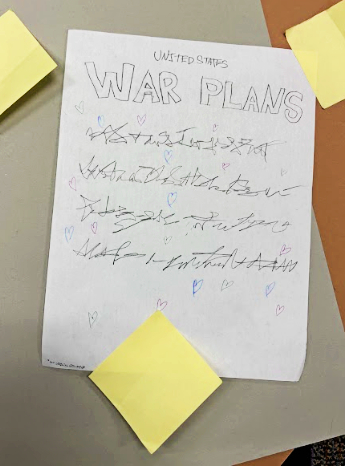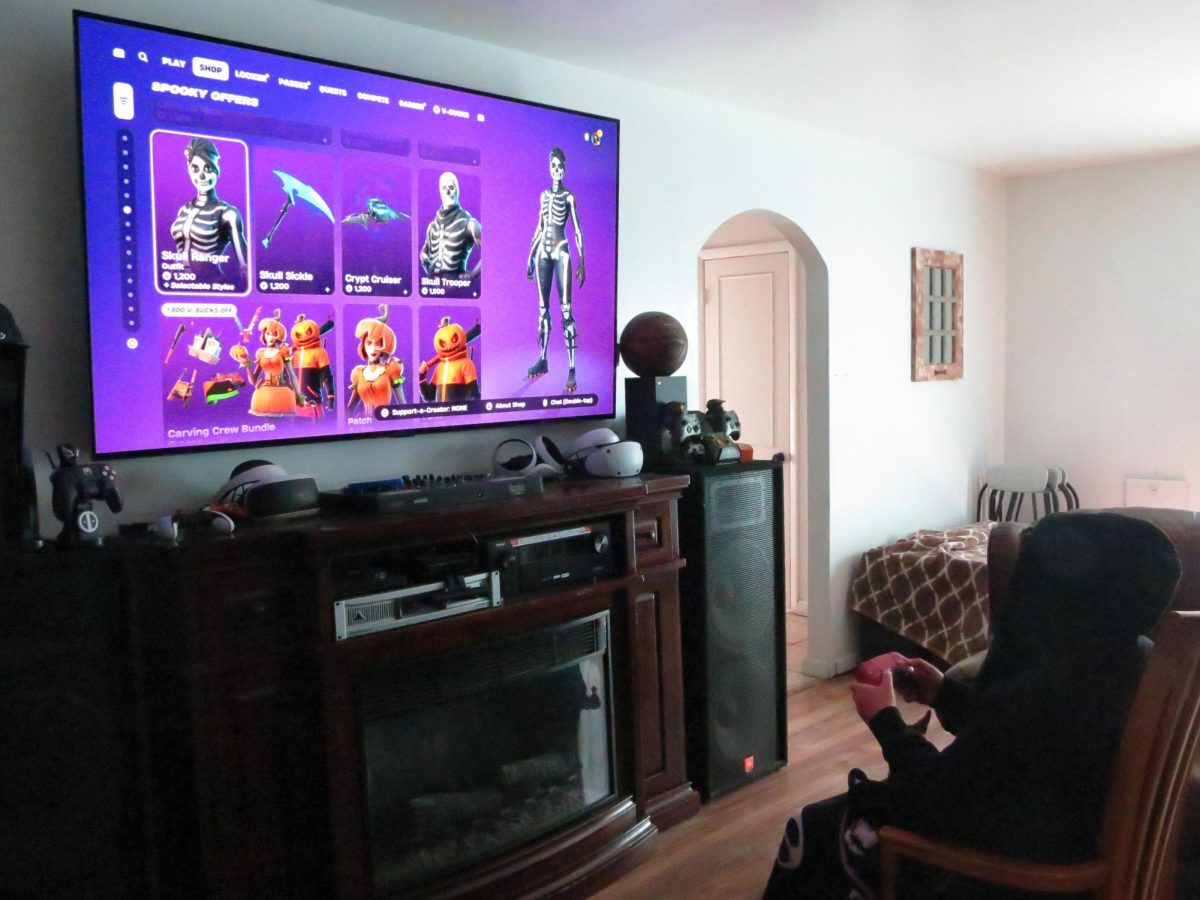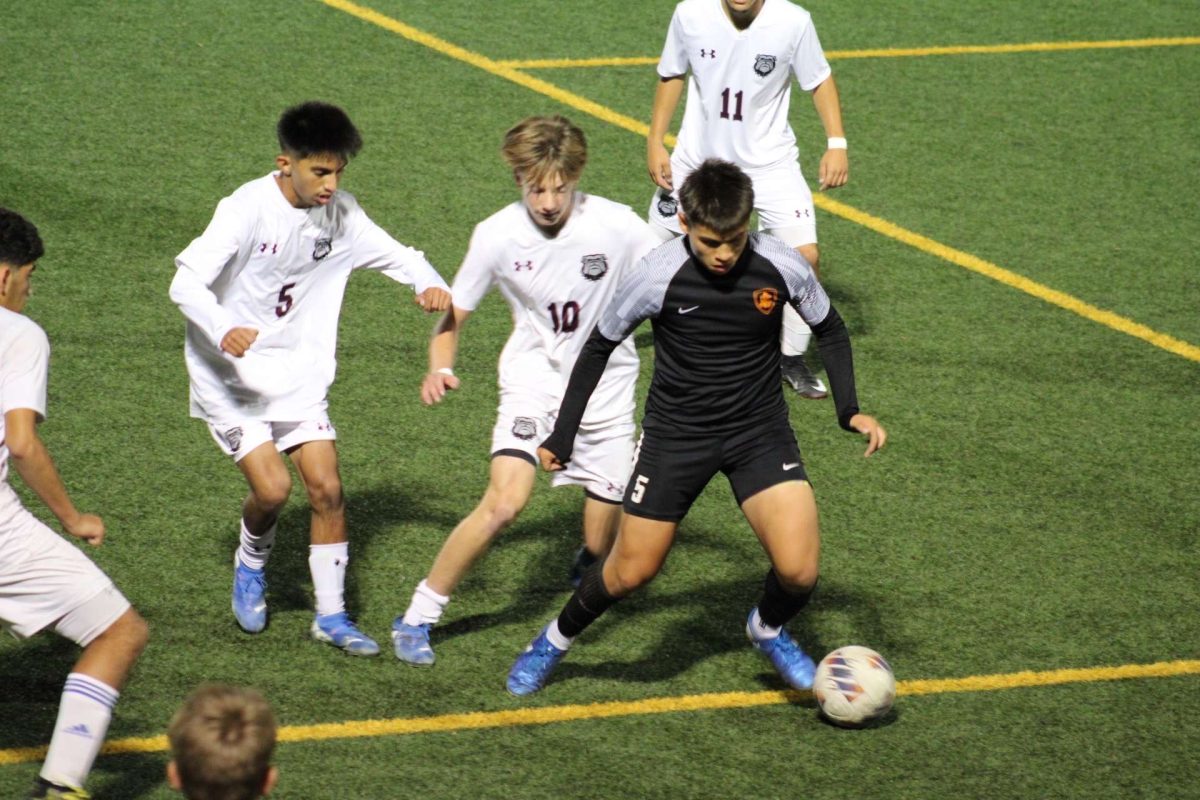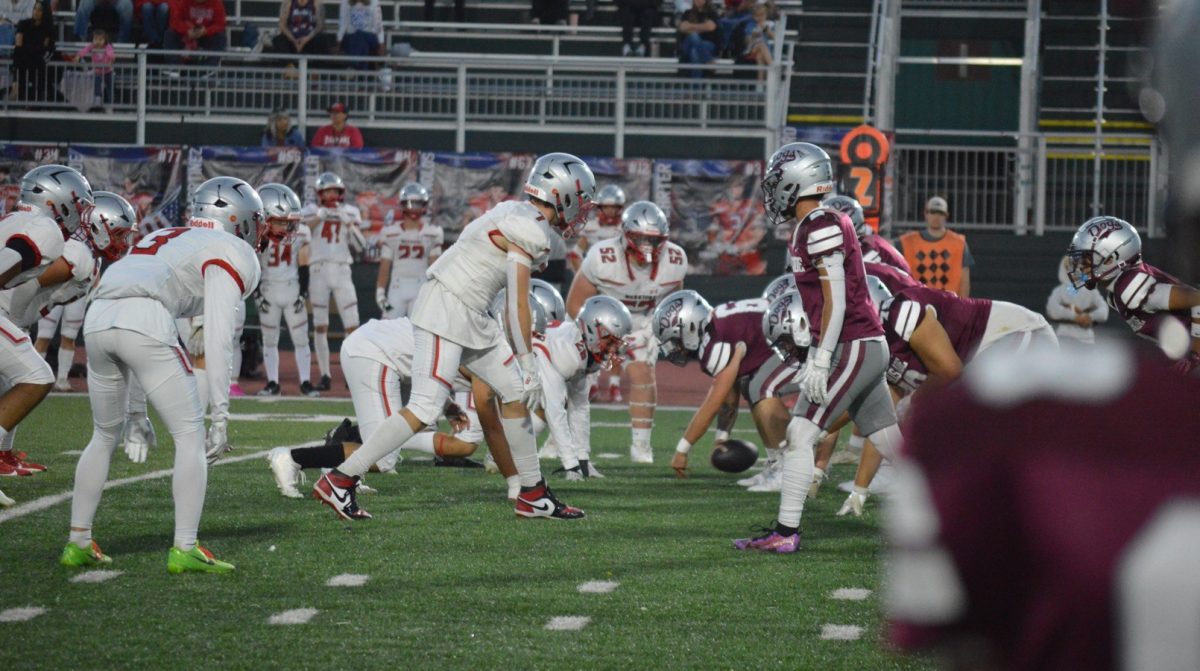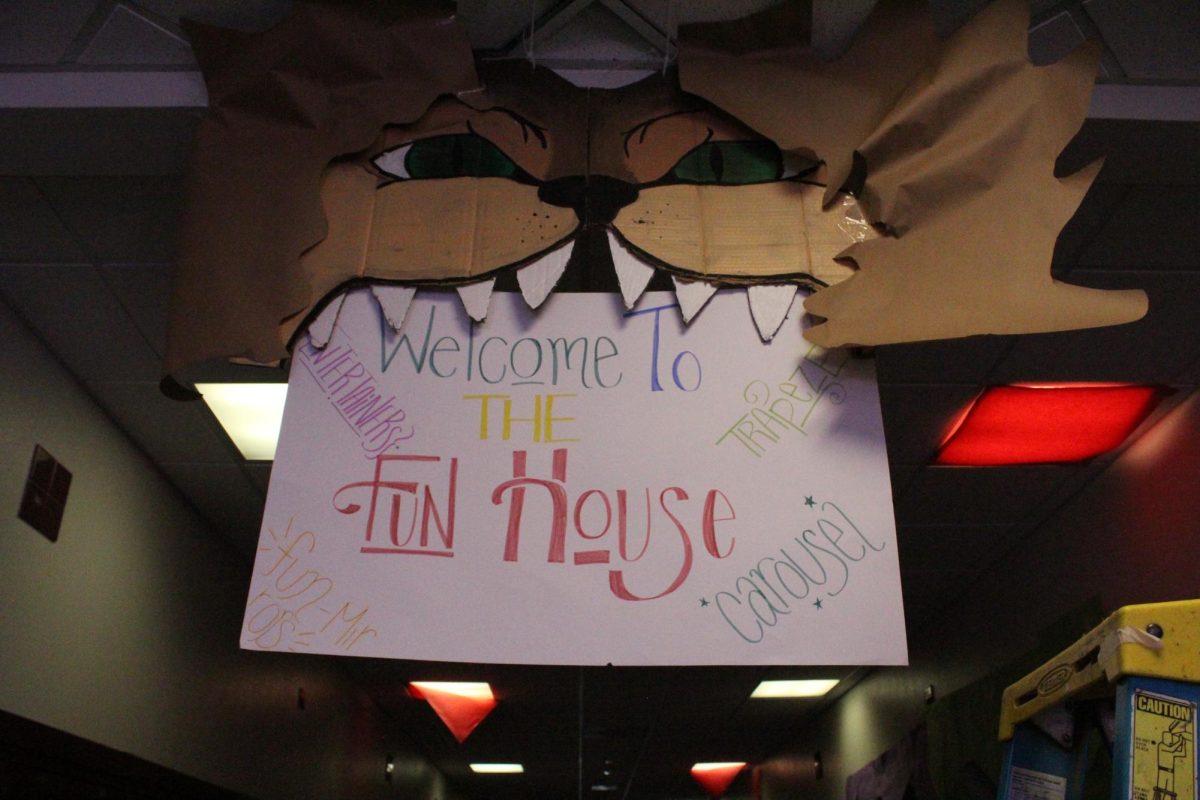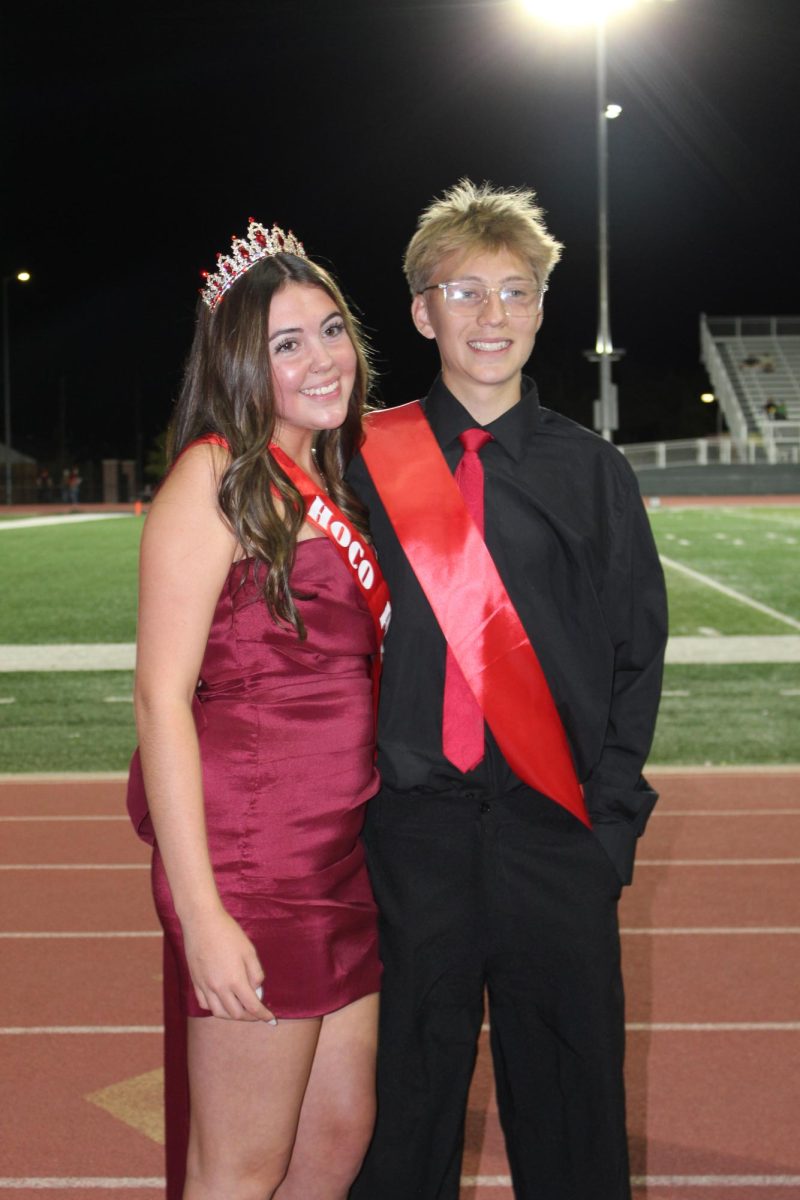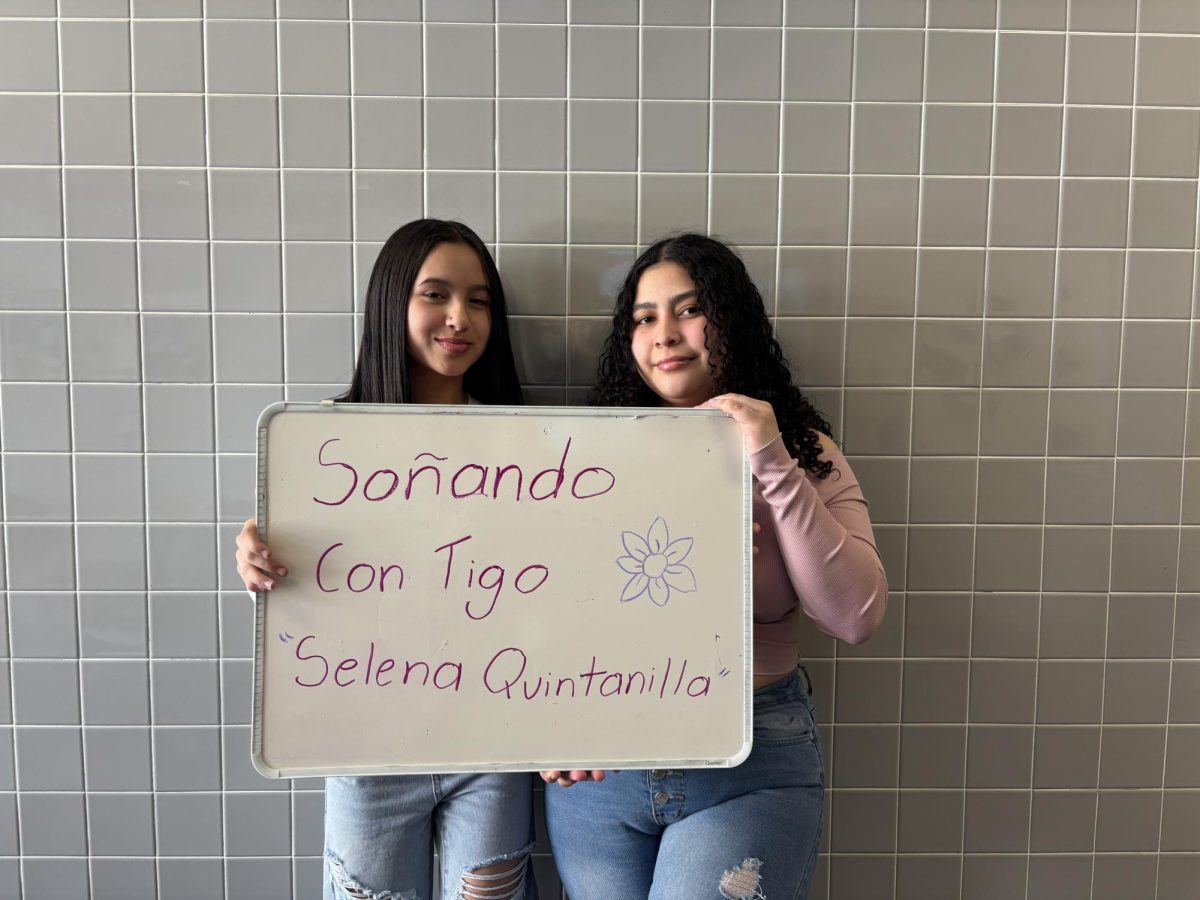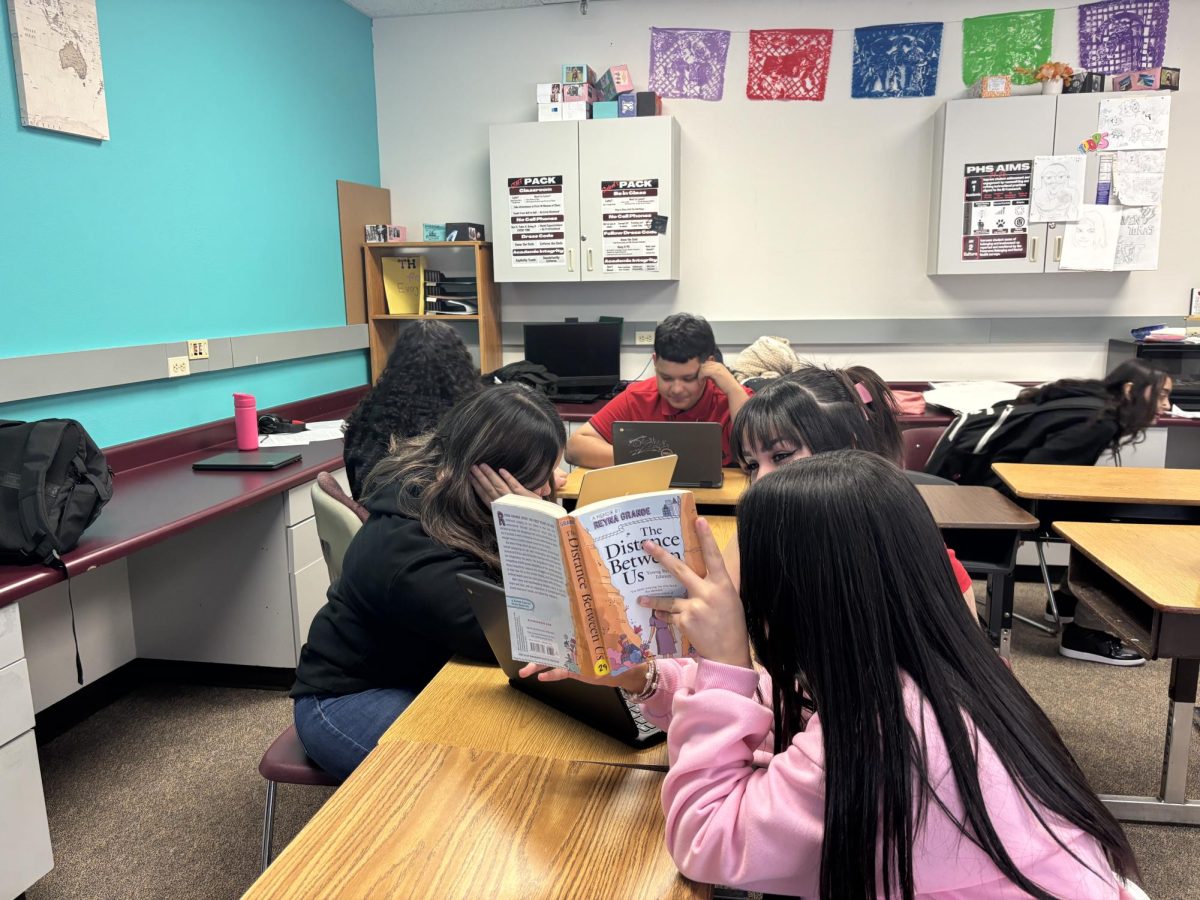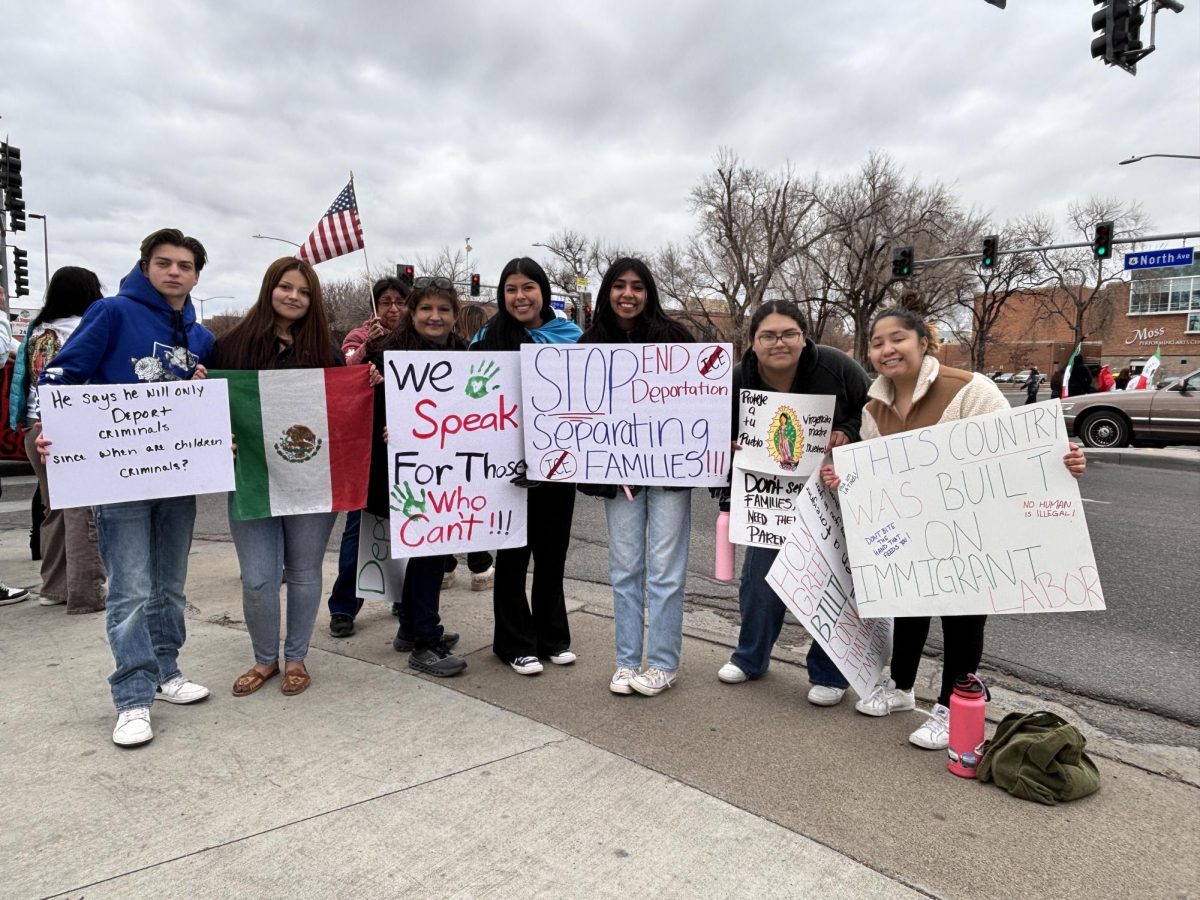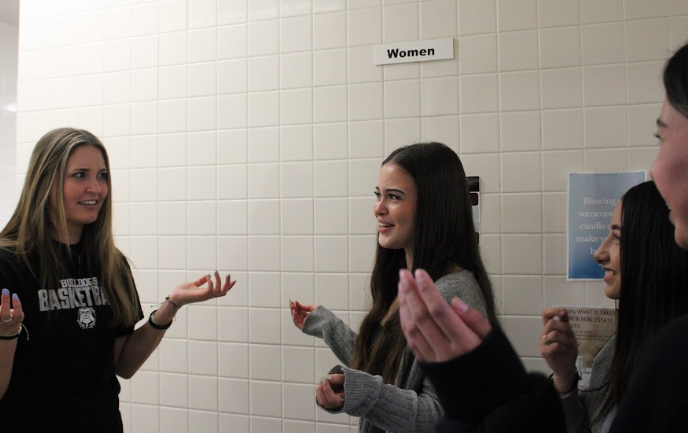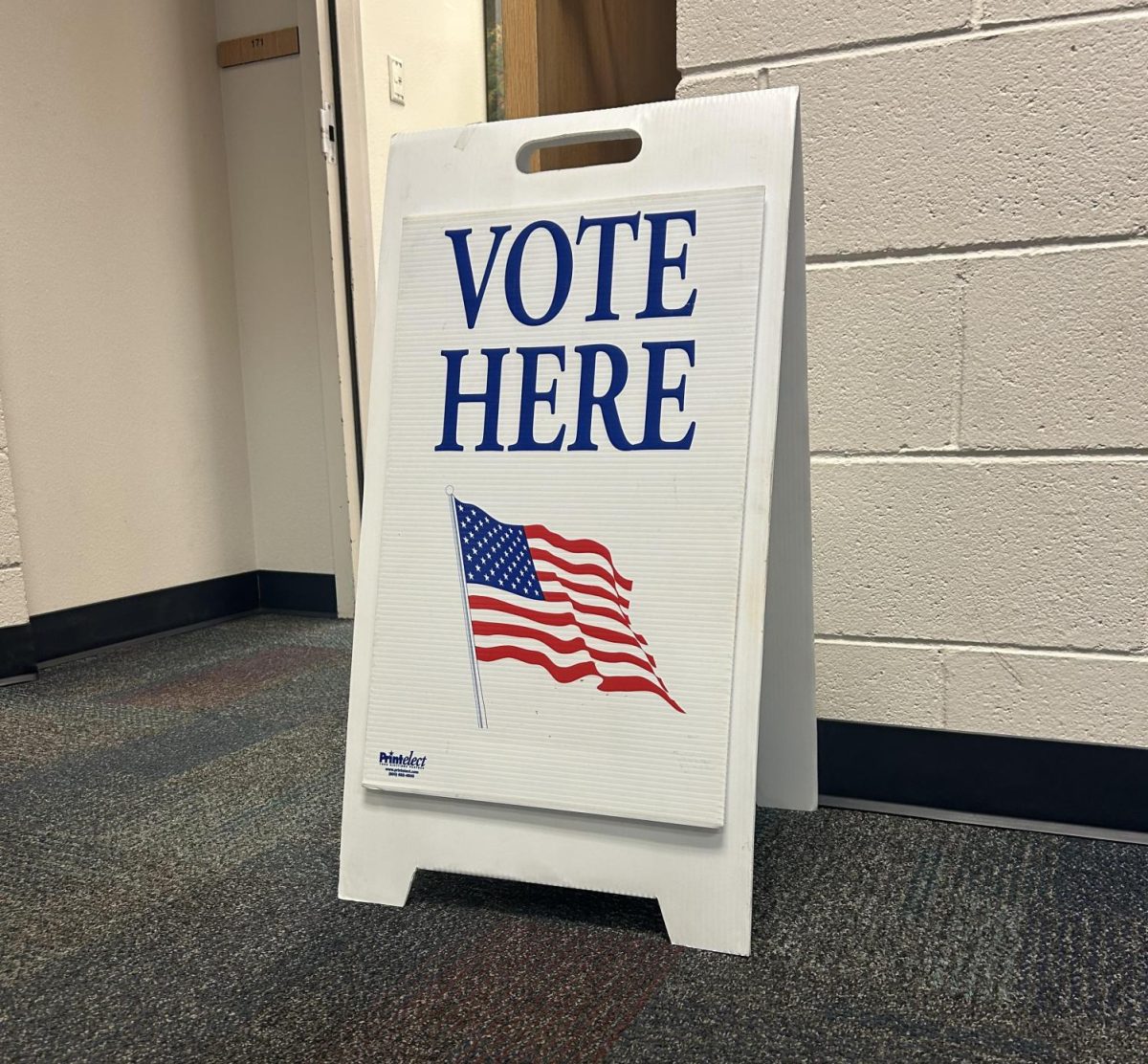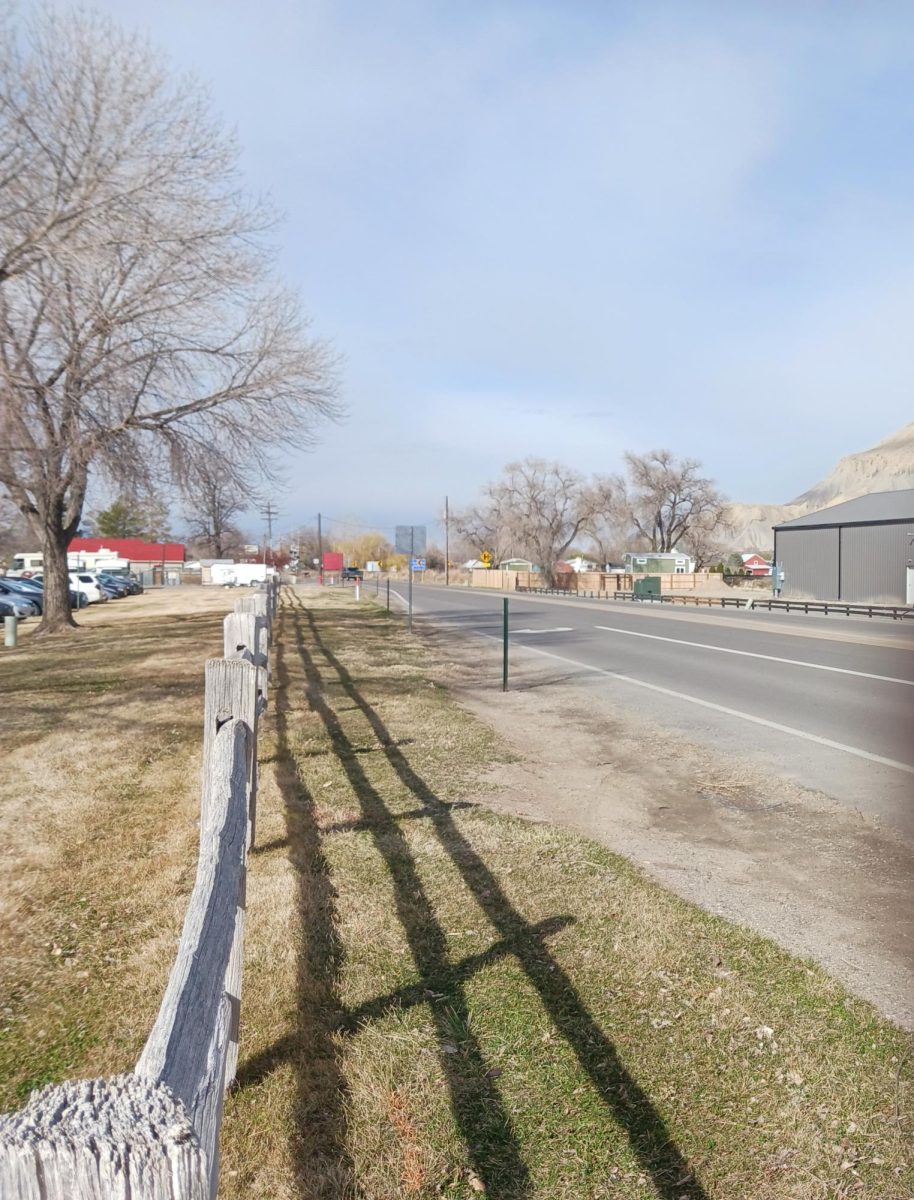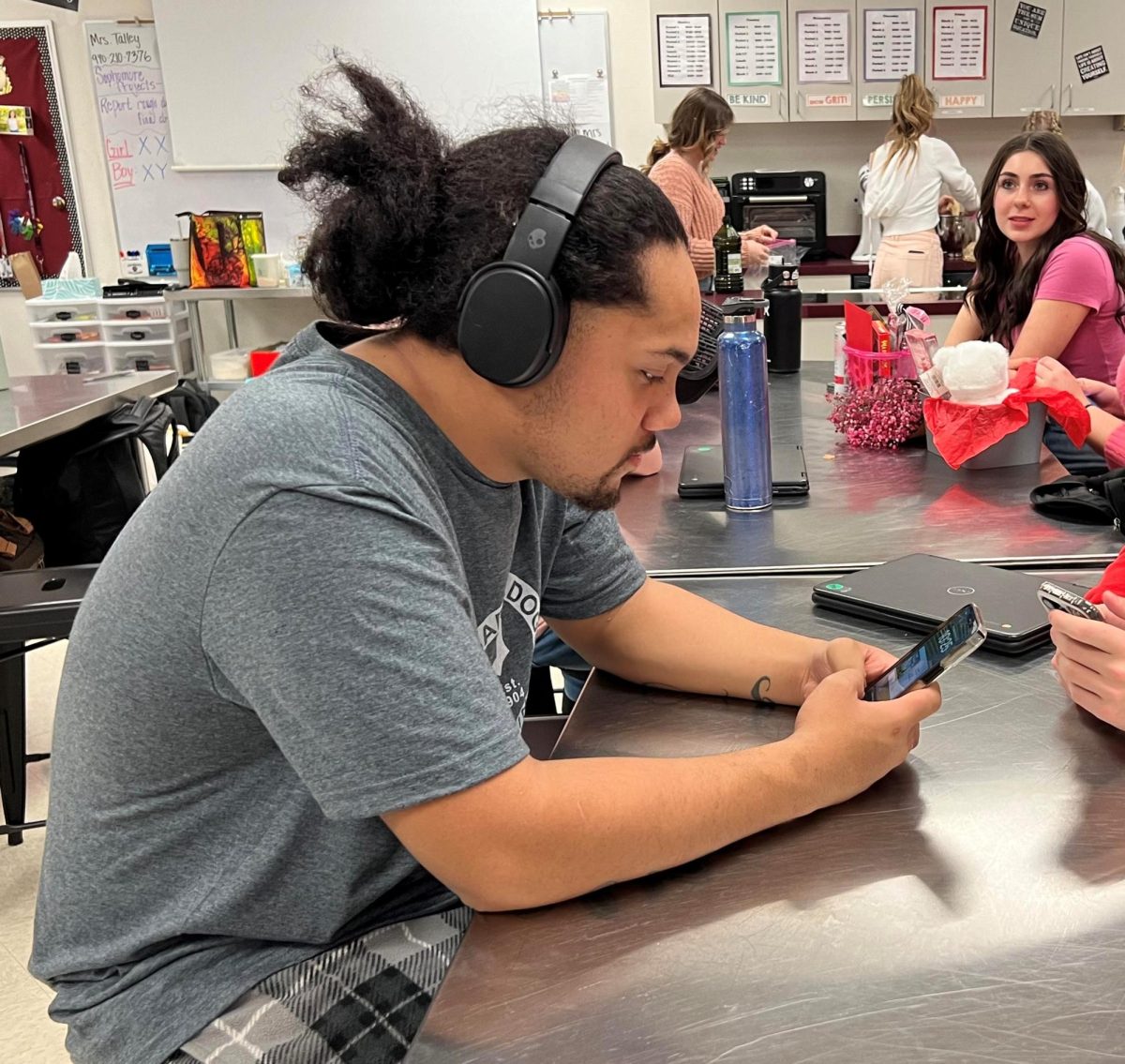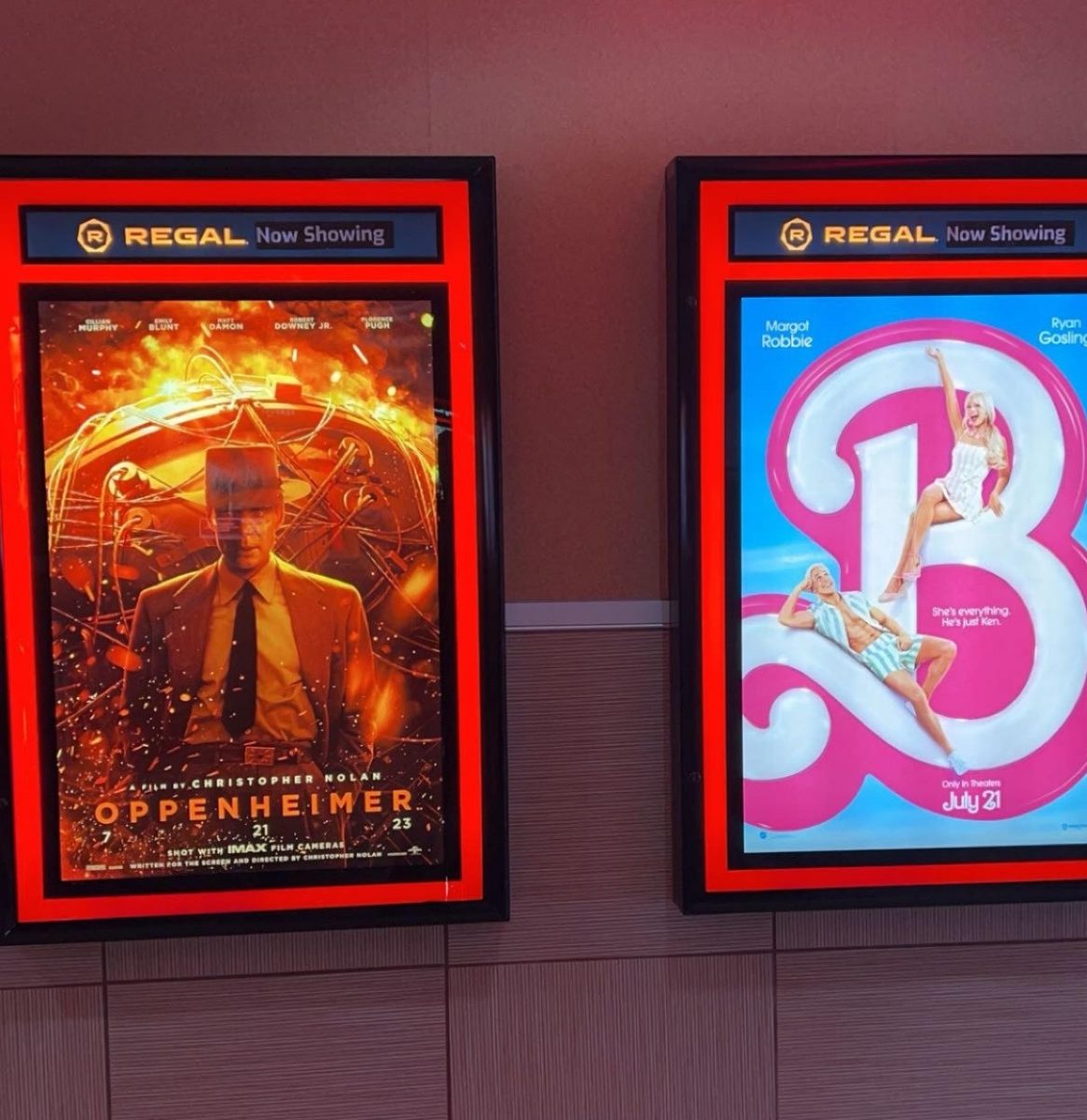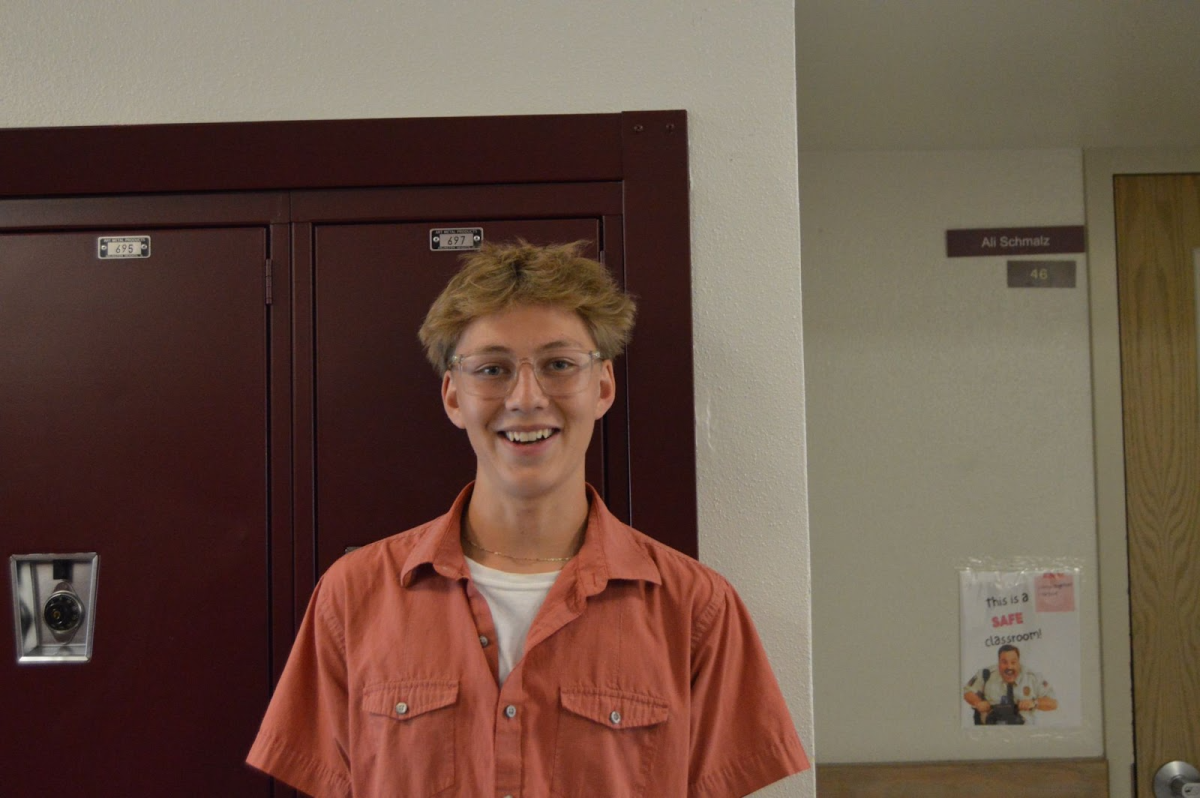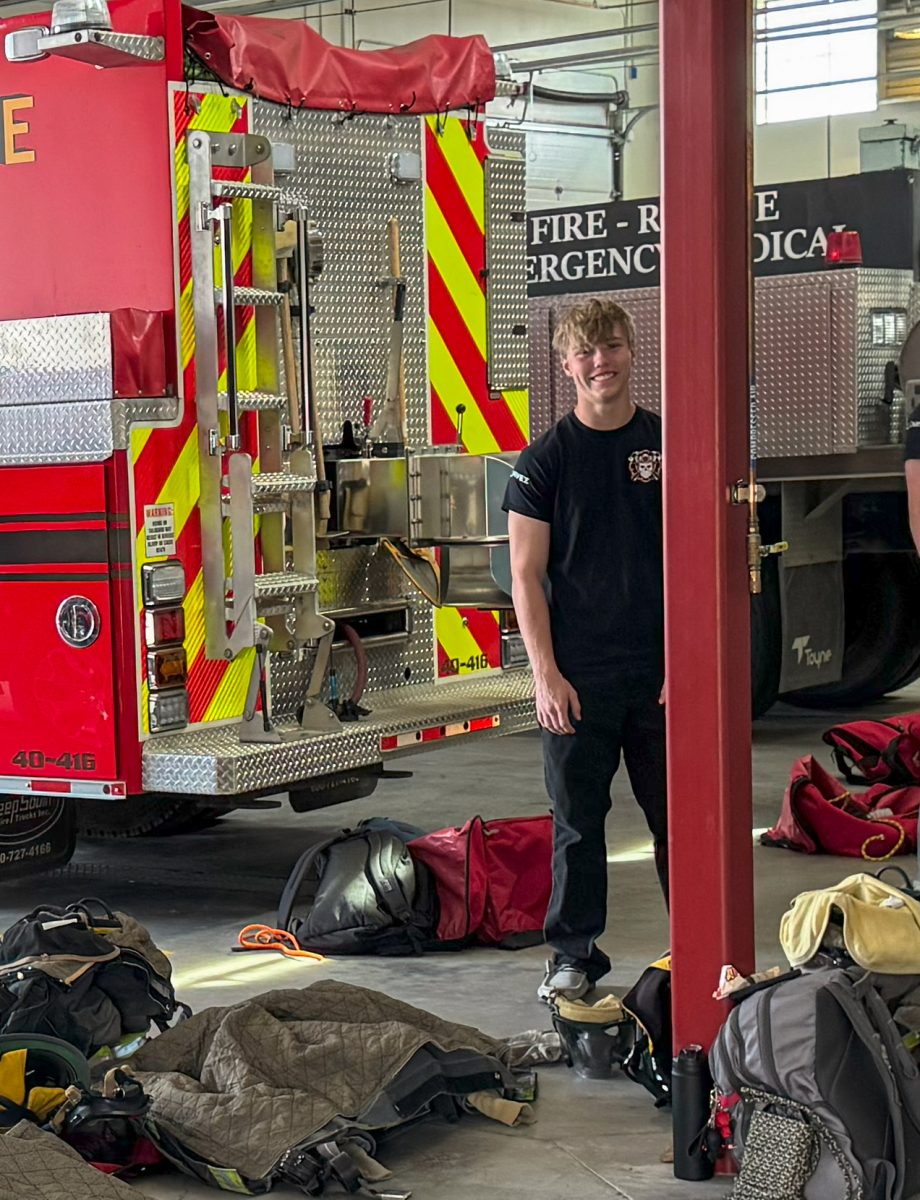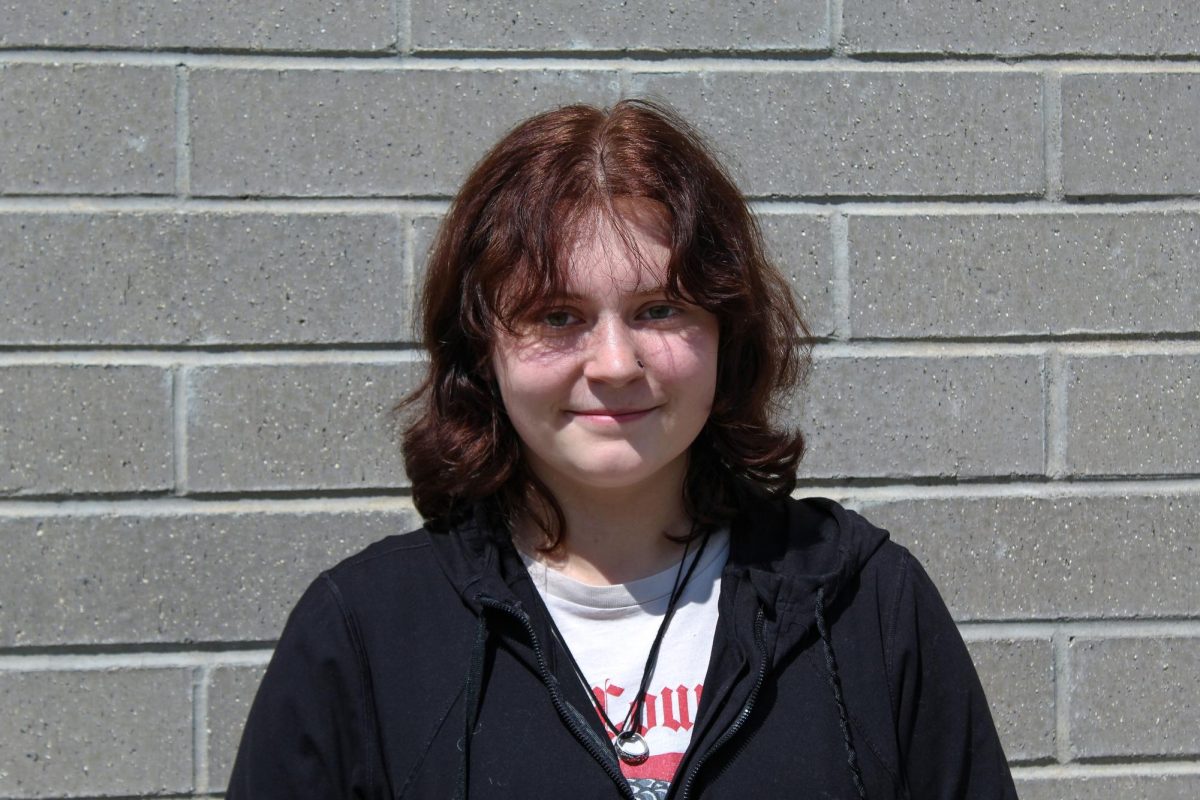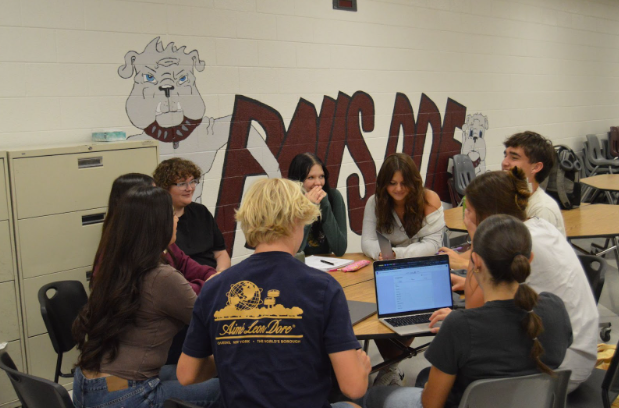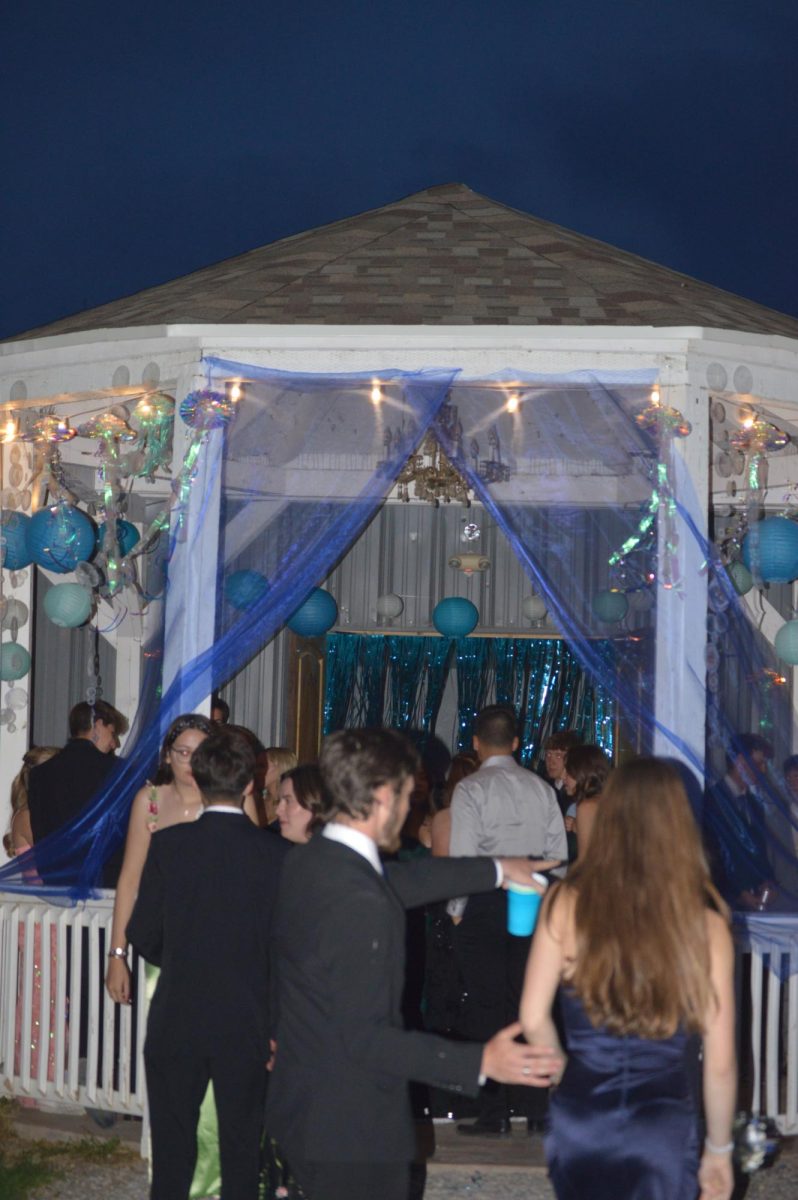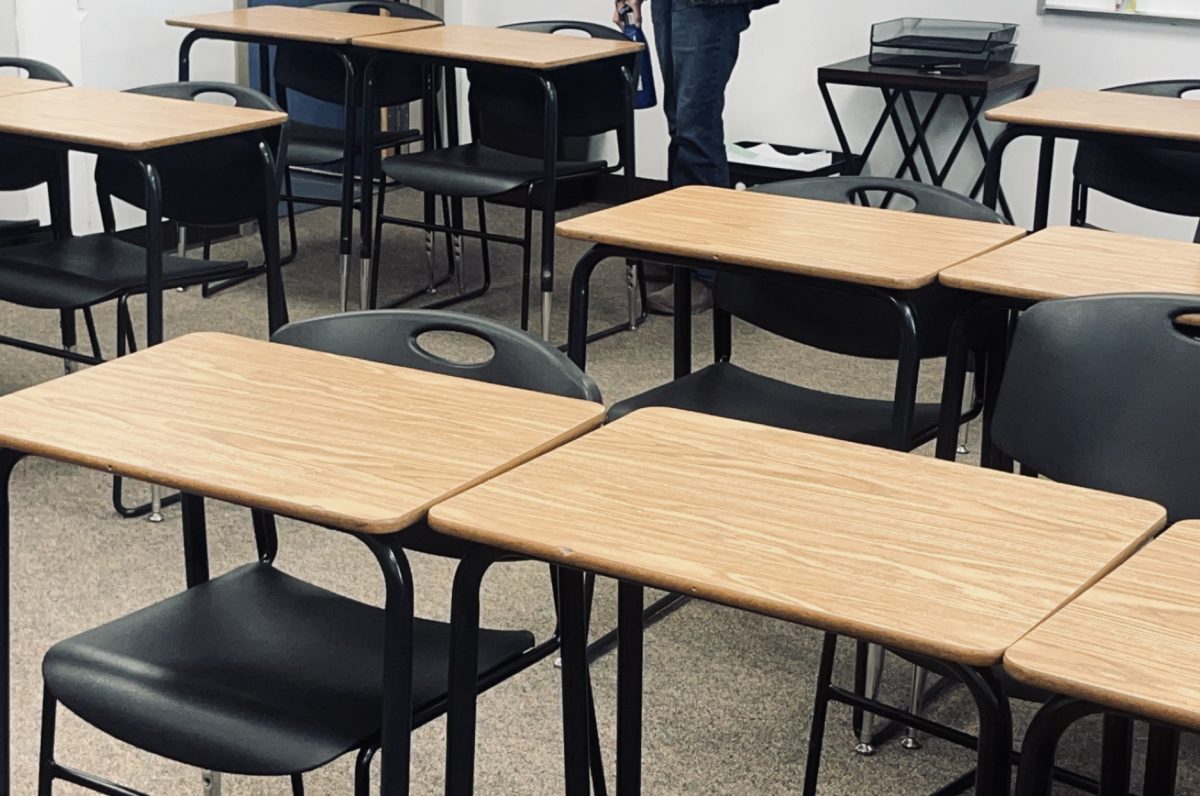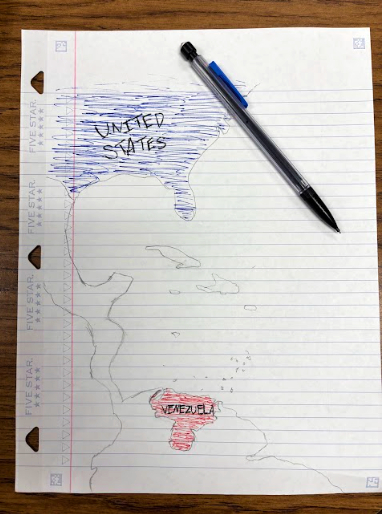On the 33rd day of uninterrupted airstrikes on Gaza, the Israel-Palestine conflict persists, casting a long shadow over the region and leaving a profound impact on civilians. The latest reports paint a grim picture, indicating at least 10,569 deaths and 26,475 injuries in Gaza, with 4,324 children and 2,823 women among the casualties. The Occupied West Bank reports at least 175 deaths, including 44 children and one woman, along with over 2,100 injuries. Meanwhile, Israel itself has faced at least 1,405 deaths and 5,600 injuries.
Within the school community, diverse perspectives on the conflict emerge, adding depth to the broader discourse. Eliana Steele, a 10th-grade student, provides insight into a perspective aligned with Israel’s actions: “Israel is only firing on Gaza because Gaza fired on them first. Israel gave Gaza a warning, and Gaza didn’t.” This perspective highlights the intricacies of the conflict and the perceived justifications for military responses.
In contrast, Beau I. Roberts, a Sophomore, presents a contrasting view, drawing attention to human rights concerns: “Those in support of Israel display a detachment from basic human rights. It’s a choice I can’t entirely disagree with; however, complacency supports the status quo, in this case, the actions of Israel.” This alternative perspective underscores the ethical considerations and the complexities of navigating the tumultuous terrain of the Israel-Palestine conflict.
These nuanced perspectives within the school community reflect the broader diversity of opinions that echo the complexity of the geopolitical landscape. The ongoing commitment by Israel to persist with airstrikes on Gaza raises questions about the potential for a ceasefire. Eliana’s skepticism captures a pervasive sentiment, “If I am being completely honest, as long as anti-Semitic people are around, conflict in Israel will never stop.” This sentiment delves into the deeper societal undercurrents that contribute to the protracted nature of the conflict.
In a world grappling with misinformation and discord, the multifaceted nature of opinions surrounding the Israel-Palestine conflict becomes more evident. With casualties rising and tensions escalating, the need for a nuanced and sustainable resolution is increasingly pressing. This requires a collective effort to address the humanitarian crisis unfolding in the region, emphasizing the importance of fostering understanding, dialogue, and ultimately working towards a peaceful resolution that acknowledges the human cost borne by all sides involved in this enduring conflict.


